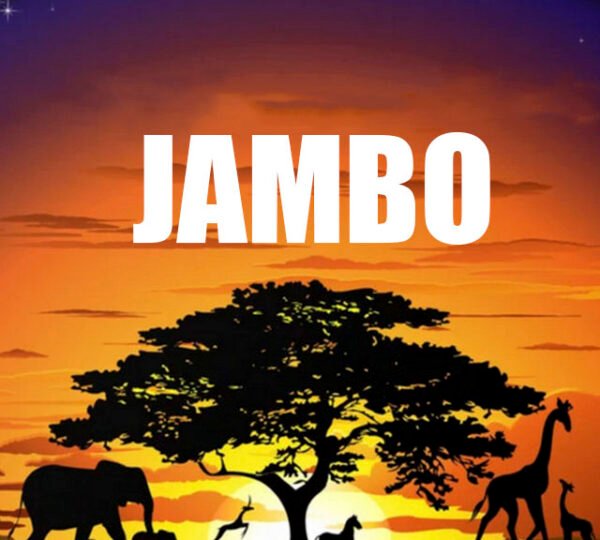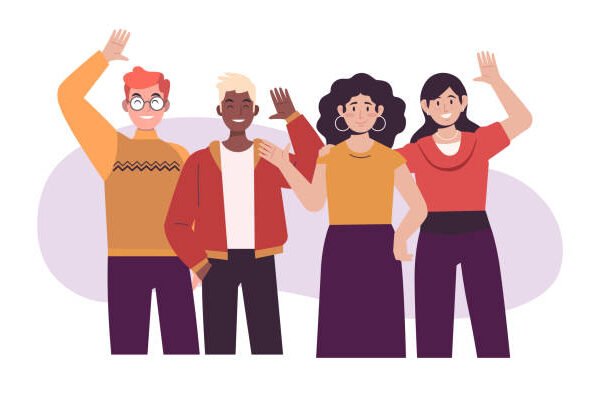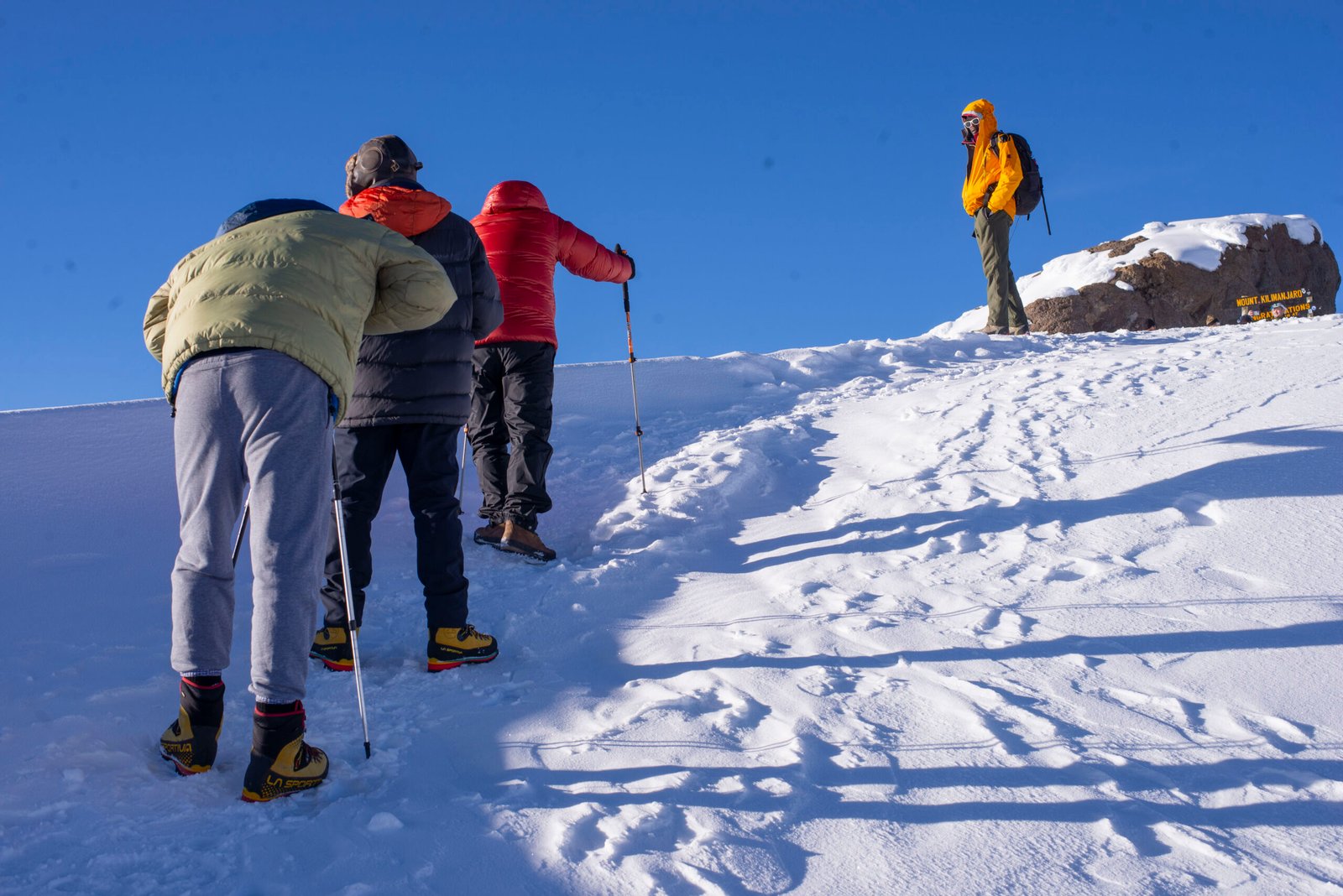
Jambo meaning in Tanzania
What does “jambo” mean?
The Swahili word jambo is a common greeting that translates to “hello.” It is similar to the English “hello” and is often used politely, especially when meeting someone for the first time. Since Swahili does not differentiate between formal and informal “you,” jambo is generally considered a formal greeting.
The word jambo is a common greeting for travelers in East Africa. It is so well-known that those working in tourism in Tanzania and Kenya assume visitors are familiar with it. If someone says jambo to you, simply reply with the same greeting!
A brief exchange using jambo is a common greeting in Tanzania and Kenya, often used by locals when welcoming travelers.
— Jambo?
— Jambo!
Jambo Bwana meaning
In Tanzania and Kenya, you’ll likely hear the song Jambo Bwana. Some hotels even feature live performances during safari tours. If you’re climbing Kilimanjaro, porters in the camps may sing a special Kilimanjaro version to motivate you on your ascent.
Originally recorded in 1982 by the Kenyan band Them Mushrooms, Jambo Bwana was first performed for guests in Mombasa hotels. Over time, it has grown so popular that it has become the unofficial tourist anthem of the East African coast.
The chorus sings:
Jambo, Jambo, bwana
Habari gani, nzuri sana
Wageni, Mwakaribishwa
Kenya jetu hakuna matata
You can easily memorize the lyrics and sing along, as they are quite simple. A rough translation is:
“Hello, hello, sir
How’s it going? Very well!
Welcome, dear guests
In our Kenya, there are no worries.”
In Tanzania, the country’s name is swapped, and on Kilimanjaro, they sing “Kilimanjaro” instead of “Kenya yetu.” In some places, additional variations are added.
The word “bwana” translates to “sir” and is used as a respectful address. Historically, it referred to white slave traders and later to all white men. Today, bwana is still used to address important figures or elders, though in some contexts, it may carry a sarcastic tone. This term is exclusively used for men.
“Jambo,” “Mambo” and other greetings in Tanzania
Do Kenyans and Tanzanians Say “Jambo” to Each Other? Yes, but typically in more complex forms. Jambo is a simplified greeting mainly used for foreigners.
“Jambo” — advanced level
Swahili word formation follows a structured pattern, where words are built from the front, and prefixes change based on singular or plural usage. Here are some examples of how “jambo” is commonly used among native Swahili speakers.
If you prefer not to explore further, feel free to skip ahead to “mambo” and other common Swahili greetings.
In Swahili, every word is pronounced with the stress on the second-to-last syllable.
- Hujambo? — “How are you?” (one person asks another)
- Sijambo! — “I’m fine!” (the person replies)
- Hamjambo? — “How are you all?” (asked to multiple people)
- Hatujambo! — “We’re all fine” (someone replies on behalf of the group)
When discussing someone not present (third person):
- Hajambo? — “How is he/she?”
- Hajambo! — “He/she is fine.”
For multiple people:
- Hawajambo? — “How are they?”
- Hawajambo! — “They are fine.”
Mambo meaning
Tanzanians and Kenyans commonly greet each other with “mambo,” a less formal alternative to “jambo.” This greeting is especially popular among younger people and is often considered slang. Typical responses include “poa,” “safi,” and “freshi.”
Mambo? — “What’s up?”
Poa! — “Cool!” or “All good!”
Other Swahili greetings
Using “mambo” to greet elders is considered inappropriate. Instead, Swahili has specific greetings that show respect for age and experience when addressing older or senior individuals.
Standard greeting to elders and their standard reply:
— Shikamoo!
— Marahaba!
Another common greeting is “habari,” which translates to “news” and is used similarly to “What’s new?” This greeting, along with its response, is featured in the song “Jambo Bwana.”
— Habari? — “What’s new?”
— Nzuri! — “All is good.”
East Africans commonly use “vipi” as a greeting, meaning “how?” The responses are the same as for “mambo”—”poa,” “safi,” or “freshi.”
- Vipi? — “How’s it going?”
- Safi! — “Great!”
Other greetings include “Niaje?”, “Uko poa?”, and “Sema?”. In Tanzania, people enjoy socializing when they meet, so there are many common greetings and polite questions. However, it’s not necessary to learn them all.
Still, picking up a few common Swahili words and phrases can be useful. Tanzanians truly appreciate it when visitors make an effort to speak even a little of their language.







